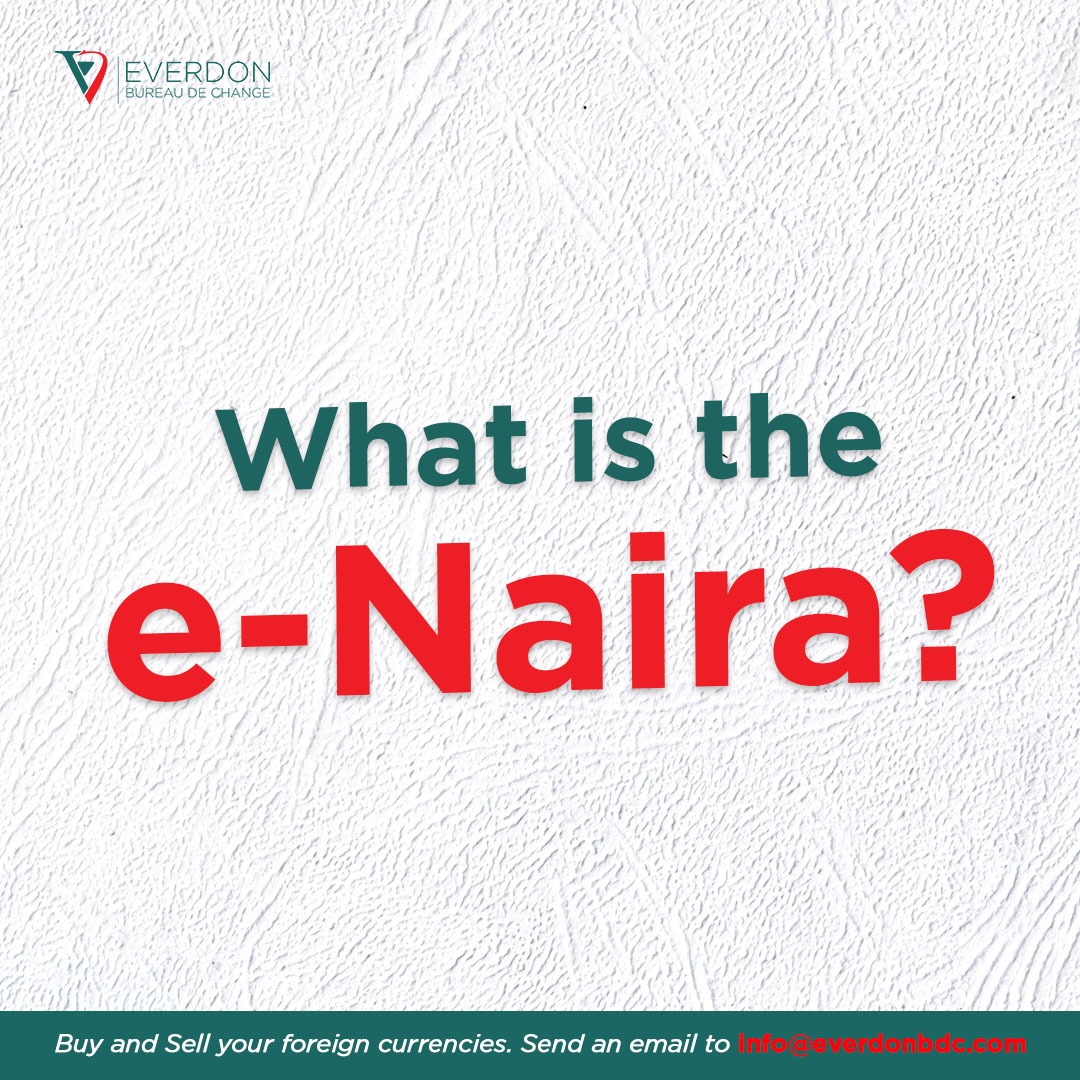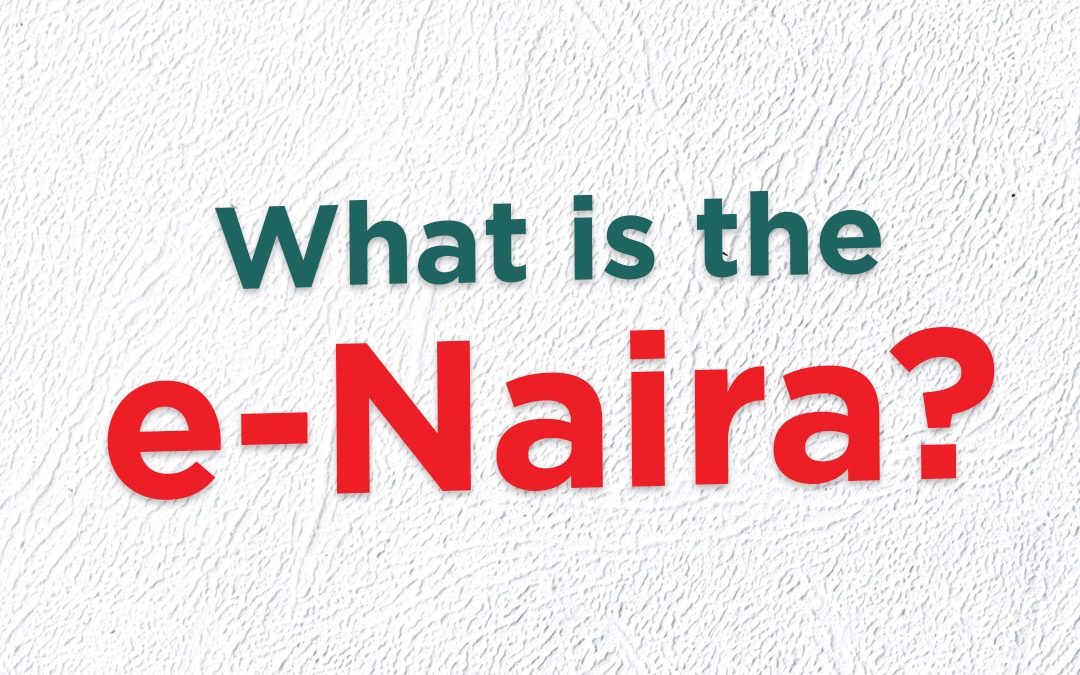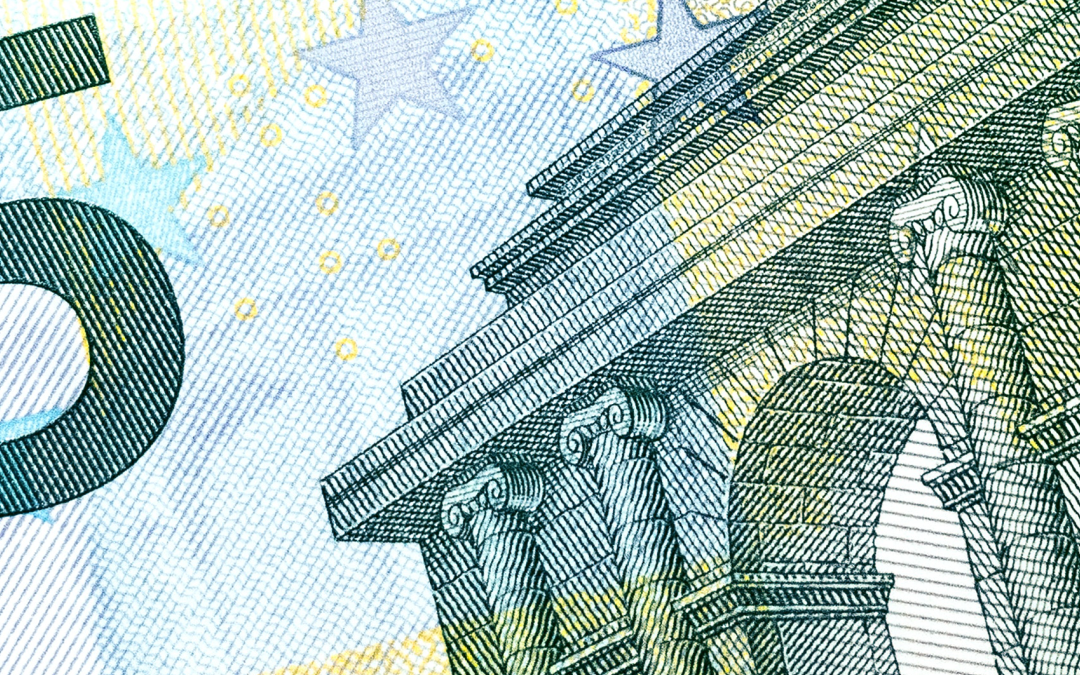
When compared to cash payments, the eNaira serves as both a medium of exchange and a store of value, providing better payment prospects in retail transactions.
The eNaira has a distinctive operational structure that sets it apart from other forms of central bank money.
What you should know about the eNaira
· The eNaira shall be administered by the CBN through the Digital Currency Management System (DCMS) to mint and issue eNaira.
· Financial institutions shall maintain a treasury eNaira wallet for holding and managing eNaira on the DCMS.
· The Financial institutions (FI) Suite is the primary application used by the FIs to manage their digital currency holdings, requests, and redemption with the CBN.
· The eNaira stock wallet belongs solely to the CBN and it shall warehouse all minted eNaira.
· Two-factor authentication and other measures shall be adopted to ensure the security of the eNaira wallet.
· The charges for eNaira transactions shall be in line with the Guide to Charges by Banks, Other Financial and Non-bank Financial Institutions.
· Financial Institutions are required to comply with the Money Laundering (Prohibition) Act 2011 (as amended), the Terrorism (Prevention) Act 2011 (as amended), and all subsisting anti-money laundering laws and regulations as may be issued by the CBN from time to time.
· The eNaira is equitant to the physical Naira, it is the official tender of Nigeria and is a liability of the CBN. The eNaira and Naira will always be exchanged 1:1, meaning it would only appreciate when the Naira is stronger.




